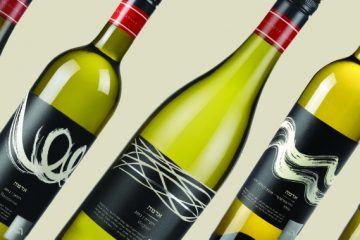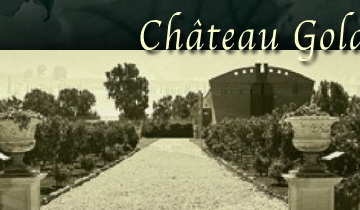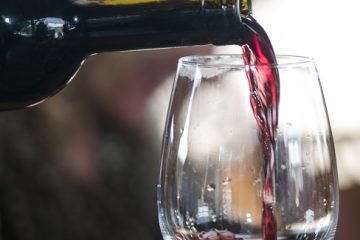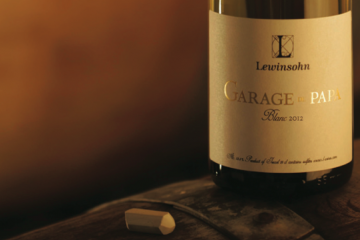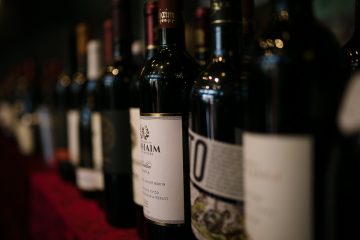Tzora Vineyards is located in the Judean Hills of Israel. The winemaker, Eran Pick, is one of the most respected in Israel, and he has the support of consultant Jean-Claude Berrouet, formerly of Chateu Pétrus, in working to create some of Israel's finest wines. Pick is another of Israel's young
Domaine du Castel is one of Israel's best known boutique wineries. It was launched by Eli Ben Zaken, and is now run by Eli and his children, Eytan, Ariel, and Ilana. Situated between Jerusalem and Tel Aviv, Domaine du Castel is open to groups of 6 or fewer. All its
"Adama" is Hebrew for "soil." Tabor's "Adama" series focuses on unique soils and grapes selected for growth in those soils. The "Adama" Sauvignon Blanc comes from 30 year old vines grown in chalky soil in the Kfar Tabor area of Israel. On the nose, the wine might be picked, blind,
Vitkin Winery focuses on grapes other than cabernet sauvignon, chardonnay, and merlot, working with carignan and petite sirah, veterans from Israel's years in the wine wilderness, as well as viognier, pinot noir, cabernet franc, french colombard, gewurtzraminer, and more. It may take time for Vitkin to find the perfect combination
Uri Hetz is another American-trained Israeli winemaker. His formal wine education is from Oregon State University, and his hands-on training came from Joseph Phelps Winery in Napa Valley. Chateau Golan is in the Upper Galilee (Golan Heights). The Syrah "Special Reserve" was one of the best wines tasted while in
Gaby Sedan, formerly the winemaker at Golan Heights Winery, bought the vineyards for Shvo Winery in 2007. The vines are in the Upper Galilee (Golan Heights), and grow at approximately 800 meters. The Grenache and Mourvedre, both found in the "Red," are grown as bush, rather than trained, vines. The
Ido Lewinsohn make both his wines, Garage de Papa Blanc and Garage de Papa Rouge, in his father's garage. The Blanc is made from chardonnay grapes grown in Upper Galilee (Golan Heights). The wine is fermented in neutral oak and does not undergo malolactic fermentation. The nose leads with pear,
Twenty years ago there was only a handful of Israeli wines, and very few of interest to the international consumer. Today, there are 300 different wineries, and many of them are making wines that are not only in the international style, but that can also compete on the international stage.



